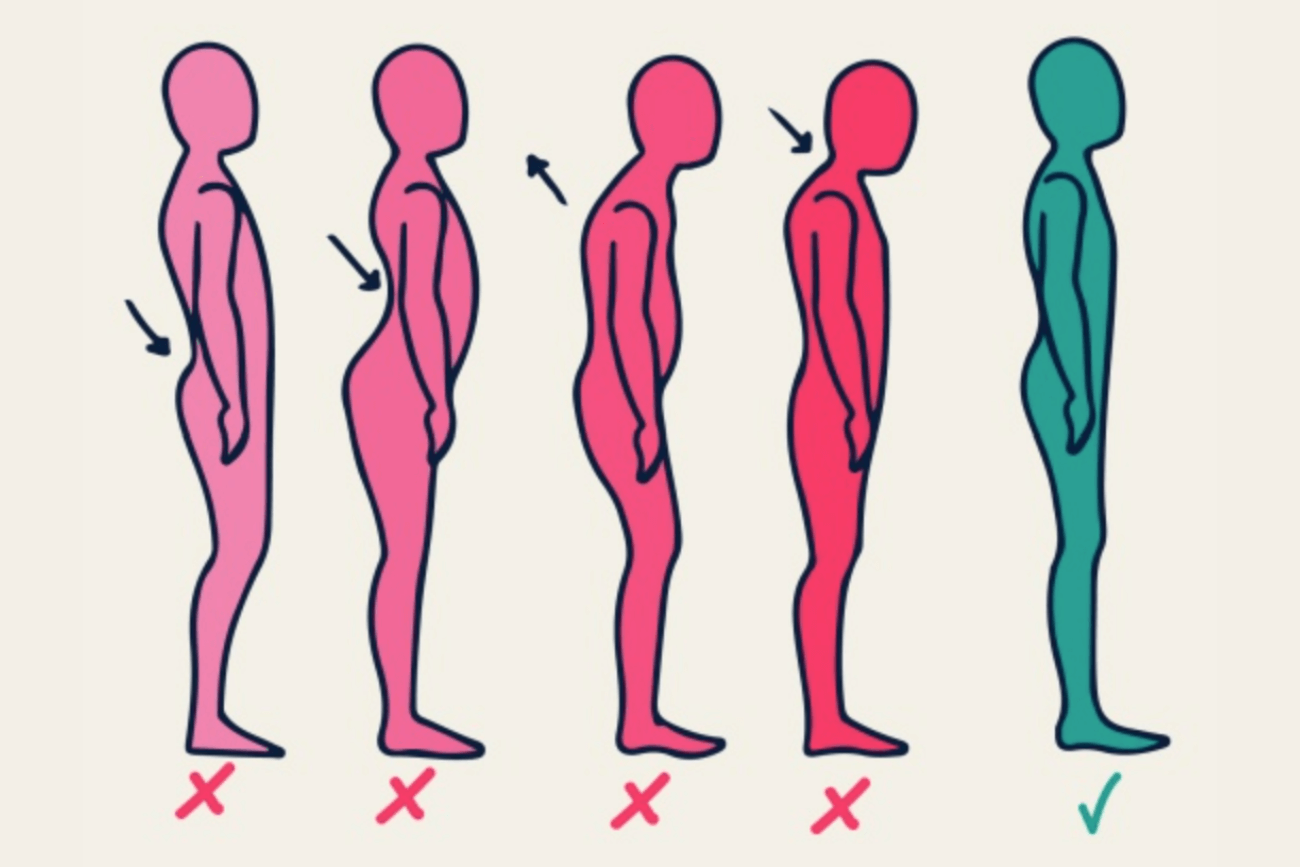
20 Jul Stand Up for Mental Health
I lived in an apartment with two other girls when I was in college. We were all about the same height, we all worked at the same restaurant, were in the same sorority and – apparently – we all slouched.
I say this because one afternoon I was in the apartment by myself and reading a book that detailed the benefits of good posture. I don’t remember exactly what it said, but it inspired me to take a walk around the living room with my shoulders back and my head held high.
That’s when I saw it. As plain as day, there was a phone number written in pencil on the wall by the passthrough window into the kitchen. Just a phone number, no name. When my roommates got home, I showed them the number on the wall. Neither of them had seen it. We’d been living there for nearly a year and none of us had seen the number, which means none of us was practicing good posture, at least not while walking through the living room. It’s a shame too because having good posture could have helped in so many ways – better breathing, better digestion, more energy, even better moods. That’s right, improving your posture could improve your mental health.
Of course, standing up straight could never be a stand in for therapy or medication, but it could do the trick if for a minor mood adjustment. Here are some of the ways standing tall can help your mental health.
Boost a Mood
Researchers in New Zealand found that people suffering from depression who improved their posture experienced less fatigue and more enthusiasm over a short period of time when compared with people who maintained a slouch.
Build Confidence
Students who sat with good posture rated their future job performance more positively those whose posture was poor in a study conducted at the Ohio State University.
Stave Off Stress
A study published in the journal Health Psychology found that muscular states relate to emotions. In particular, the researchers noted that the amount of stress participants undergoing a stressful event experienced was impacted by their posture. Those with better posture experienced less negative mood state.
How to Possess Perfect Posture
Standing with your arms down by your sides, take a deep breath in as you lengthen your spine—think of someone pulling upward on an imaginary string that is attached to the top of your head. As you breathe out allow your shoulders to relax then draw your shoulders toward each other on your back. Finally, make sure your shoulders are directly above your hips and your chin is level with the ground.
More Posture Pointers
⦁ When sitting at your desk make sure your chair height is adjusted so that your feet are flat on the floor and your knees are in line with your hips. Your computer screen should be at eye level.
⦁ If you carry a purse or bag, alternate the side you carry it on each day to prevent muscular imbalances.
⦁ If you sleep on your side, place a firm pillow between your knees to keep your spine from twisting out of alignment as you sleep.

